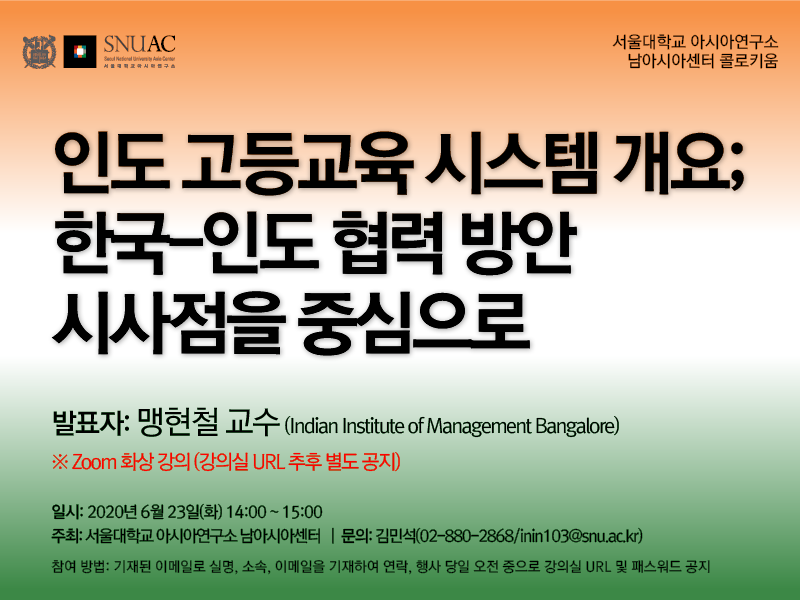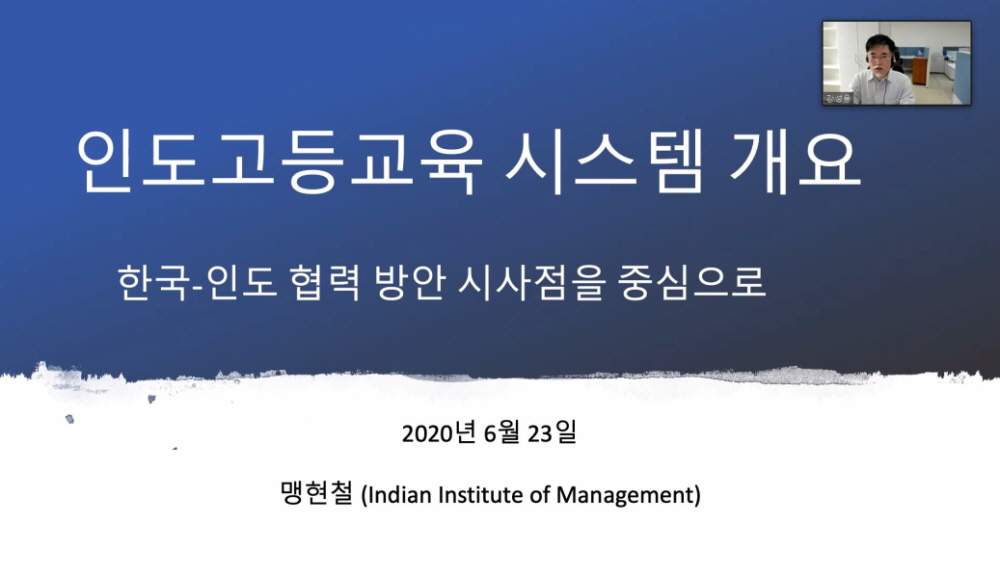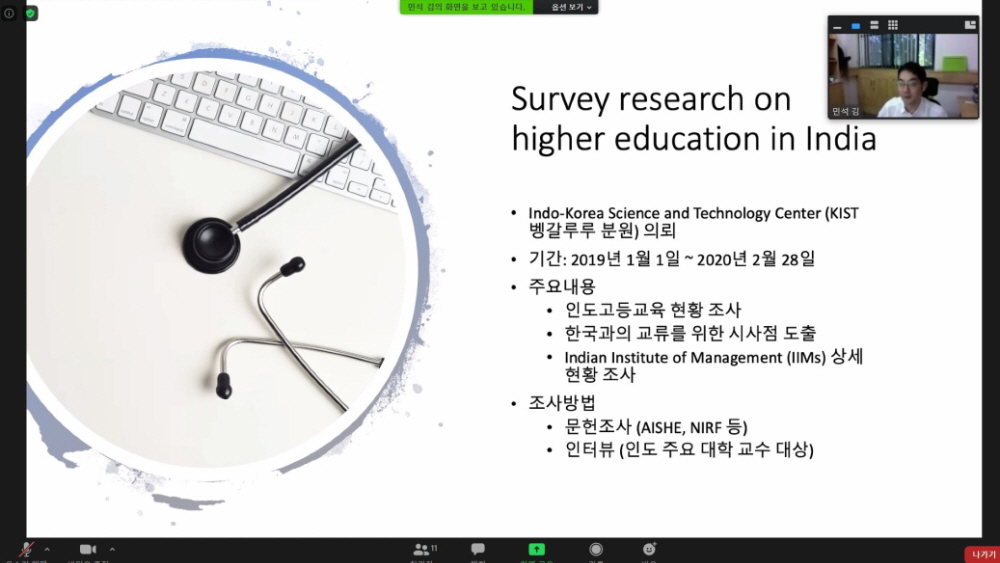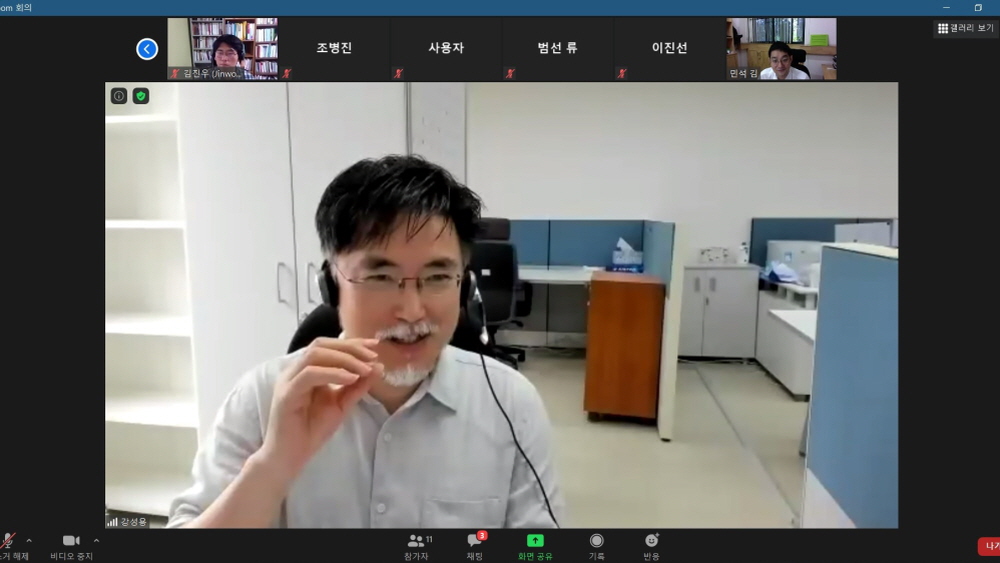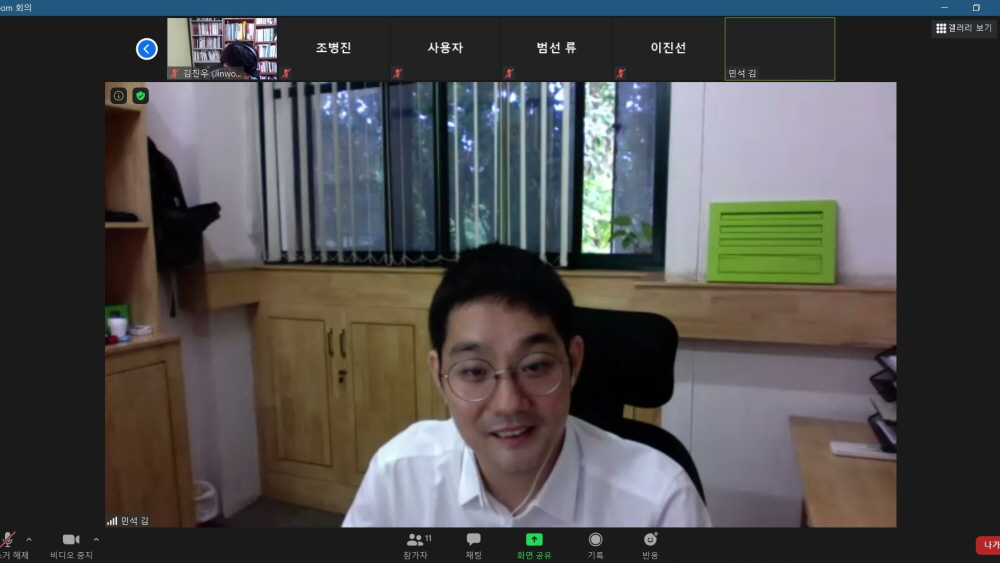Higher Education System in India: Seeking Measures for Korea-India Cooperation
- Date: June 23rd, Tuesday, 2020 14:00-15:00
※ Online lecture on Zoom (register via link)
India’s importance in economy, diplomacy, and culture continues to increase. Within the country, the high education system plays an important role. Therefore understanding the high education system in India will be important in Korea’s education, economy and business, but in reality, it is not well known in Korea.
Modern university education in India started in the 1880s, and the high education system developed into a unique form through over 130 years. As of 2019, there are over 1000 universities and similar institutions as well as almost 4000 colleges, and the numbers are rising rapidly. Also, in terms of the format of universities and similar institutions and the relationship between university and college, India’s high education system shows many differences when compared to that of Korea’s.
This colloquium will discuss an overall survey of the Indian high education system based on the Indian high education system research (conducted from January 2019 to February 2020) commissioned by Indo-Korea Science & Technology Center (Bengaluru branch of KIST) and implications inferred from the research on the measures of cooperation between Korea and India.
How to participate: Send an email to inin103@snu.ac.kr with name, affiliation and email address to register. In the morning of the event, the URL and password for Zoom meeting room will be sent.
Speaker: Hyun Cheol Maeng (Professor, Indian Institute of Management Bangalore)
Prof. Maeng received his BA and MA in business administration from Seoul National University and Ph.D. in Marketing from Hong Kong University of Science and Technology. He was a visiting assistant professor at the Hong Kong University of Science and Technology and now works as an assistant professor at the Indian Institute of Management Bangalore.
India has introduced a system for a major university to control and manage numerous universities as posts, modeled after UK’s university alliance. However, due to an exorbitant lack of infrastructure, higher education in regions is not delivering. Though India has fully devoted to the cultivation of talent in technology, engineering, and medicine ever since its independence, due to issues such as profit, education of the highly developed technology is not being proliferated throughout the country. As the state emphasizes quantitative output, the actual registration rate is falling constantly despite the increasing number of educational institutions, and the capacities and careers of faculty members are week despite the high number of students per faculty member.
Even if they are not in the top-tier schools like IIT, there are many qualified talents in India, and Korean companies are showing some interest for them. But due to the lack of proximity in the diplomatic relations between Korea and India, the local students in India do not show much interest in Korean companies, and Korean companies also lack the confidence to hire Indian students. Once we understand the country as a whole and the unique culture of higher education and unfold alliance activities based on such understanding, we could expect a win-win result for both Korea and India.

